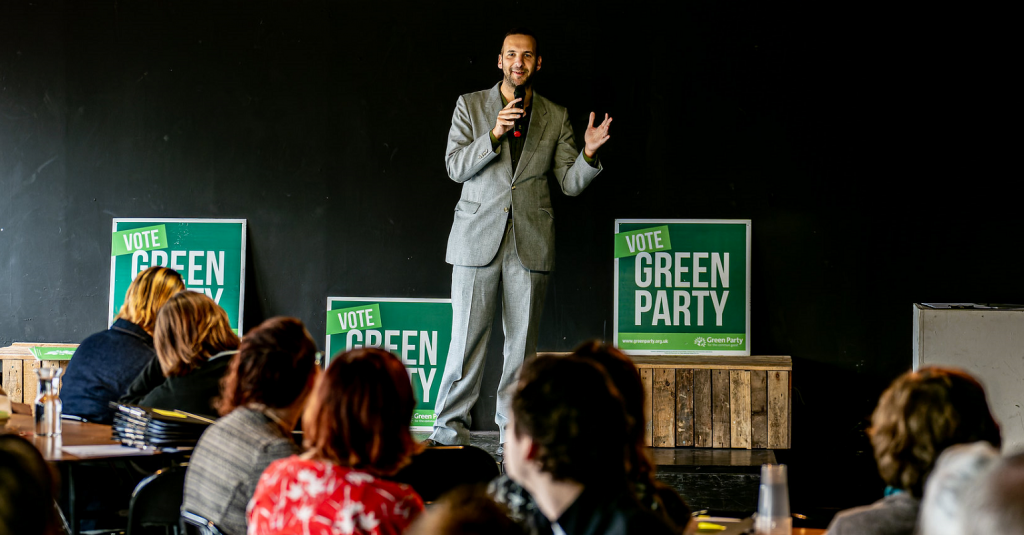A week of shock and suprise in Scotland: History is back

In the last week Scottish politics has had a shock and a surprise. Kezia Dugdale’s resignation came as a shock to most. In the timing at least. And the Scottish Government’s Programme for Government is a (pleasant) surprise.
Both are results of the June General Election.
Both have one thing in common – they mark the end of centrism and triangulation in Scottish politics. At least for the present. A centrist leader of the Scottish Labour Party simply saw her party leave her. Far from her prediction that a move to the left would leave the party ‘carping from the sidelines’, the June election showed that a radical programme could profoundly change the debate.
The shock created by Labour’s success was all the greater because that success was based on a very political, ideological manifesto. That Labour was able to overcome an almost unprecedented set of barriers made the shock even more significant. The Labour Party wasn’t just profoundly split. It faced an almost entirely hostile media, a leader who started the election period with terrible ratings, a muddled position on Brexit and a poor recent track-record in elections.
The decisive moment in transforming this situation came with the launch of the Labour manifesto. The initial media reception was one of (metaphorical) eye-rolling. But it was popular with the public.
It allowed Labour to deny the Conservatives a majority. Even against the background of Brexit and despite the Conservative move into Labour territory on issues like worker involvement and a play to economic nationalism, they only gained 2 Labour seats in England.
In 1989 Francis Fukuyama wrote a widely cited essay called “The End of History.” His contention was that with the collapse of the USSR only liberal democracy and capitalist economies remained. The right had won the ideological contest of the modern era, and with it, history had ended. This informed a political strategy of appealing to the ‘centre-ground’ – the only place where an election could be won from.
The parties that had behaved according to the rules of the 1990s political universe, the Liberal Democrats and the SNP woefully underperformed expectations. Both thought that having captured the ‘centre ground’ they would reap hundreds of thousands of Labour votes. They didn’t. In Scotland Labour gained because of the manifesto. They did that despite the centrist leanings of their leader.
The iron rule that elections were won from the centre was shown to be wrong. The fundamental claim of centrists was always that their approach gave the best chance of electoral success. This was exposed by the June General Election not just to be wrong, but to be profoundly wrong.
With no prospect of the Labour party moving back to the right and with the removal of the ideological cudgel that dictated centrism was the only road to electoral success Kezia Dugdale saw the writing on the wall and resigned.
Which brings us to the SNP. With the evidence that the centrist approach didn’t work, outflanked by Corbyn in the UK and the Greens in Scotland, they are trying a new approach.
The programme for government is bold (at least in the range of consultations). It contains policies considered too radical even for Green manifestos in the past. It marks an end to the Scottish Government’s safety first centrism.
History is no longer at an end. Ideology is back. And politics will be much the better for it.
This article was originally posted on Peter McColl’s own blog, here.




Leave a Reply